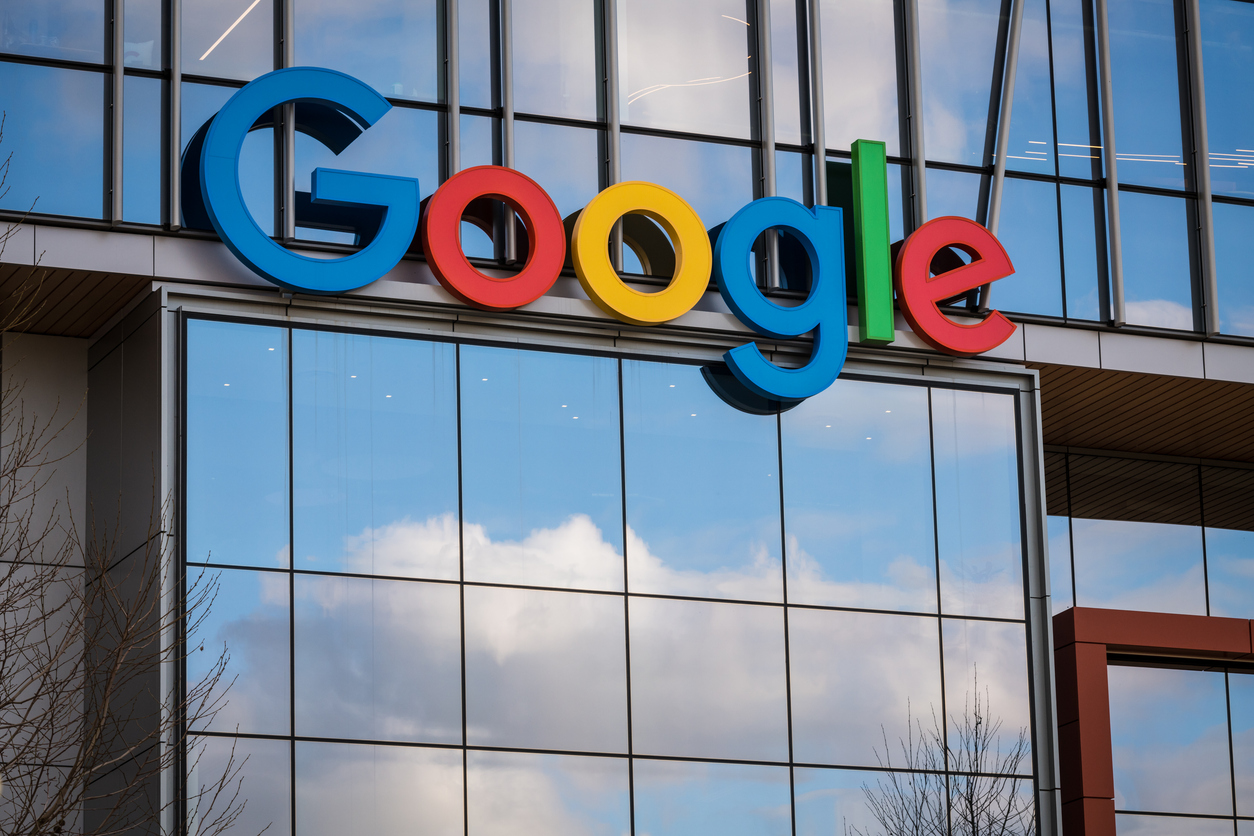The Scoop: How newsrooms are reckoning with Google’s AI changes
Plus: Dr. Pepper is now tied for No. 2 soda brand; AI is impacting Indian elections.

Google is a major component of most news outlets’ business models. For some, half their website traffic may come through Google search — and advertising dollars are often directly tied to that traffic.
But the search giant’s pivot to AI could threaten that — and the revenue that comes with it.
“It potentially chokes off the original creators of the content,” Frank Pine, executive editor of MediaNews Group and Tribune Publishing, told the New York Times.
Renn Turiano, head of product at Gannett, agreed, saying that the new AI summaries are “greatly detrimental to everyone apart from Google, but especially to consumers, smaller publishers and businesses large and small that use search results.”
Read more: What Google’s AI revamp means for content marketing
Google, for its part, claims that the summaries of common search queries will be a traffic boon to publishers. Getting placement in that AI summary can lead to more traffic than a site would receive from someone simply clicking on a search result, the company says.
All of this comes against a backdrop of media organizations alternately suing and striking publishing deals with AI companies, most notably OpenAI, creator of ChatGPT. While the Times is suing OpenAI, the parent company of the Wall Street Journal as well as The Atlantic have signed lucrative agreements to allow LLMs to train on their content.
Other companies are focusing on areas where they can control the relationship to the customer rather than being beholden to the whims of algorithms. Think email newsletters and text messaging. Others still are looking for Congress to save them with regulation.
But even those striking deals with LLMs seem resigned to a new reality.
“We know traffic will go down as Google makes this transition,” Nicholas Thompson, the chief executive of The Atlantic said, “but I think that being part of the new product will help us minimize how much it goes down.”
Why it matters:
We don’t need to reiterate how much the media is hurting. You know. You see the shrinking lists of journalists in your databases. You know how much harder it is to land a story now than it was even before the pandemic.
Fluctuations in algorithmically driven third-party traffic sources can have disastrous results on the revenue streams of news outlets. Remember Upworthy? It was taking the media change by storm a decade ago until a Facebook algorithmic change banished it to obscurity, leading to mass layoffs.
Whether this change will be as disastrous is still to be seen. Google has had its own problems with the rollout and was forced to curtail the use of AI summaries after the bot advised customers to put glue on pizza, among other outrageous and wrong responses.
But the state of media today is so precarious, any shift can lead to additional layoffs or even shuttering of outlets.
Continue to watch this story.
Editor’s Top Reads:
- Pepper is now tied with Pepsi as America’s second most-popular soda brand (Coca-Cola still reigns supreme by a wide margin). The Wall Street Journal reports that their ascension to the ranks of soft drink royalty is, in part, due to its social media marketing. TikTokers have recently loved filling their Stanley cups with outlandish mixtures of Dr. Pepper and everything from coconut milk to pickles. Combine that with Dr. Pepper’s embrace of Gen Z’s love of novel new flavors and suddenly an also-ran is running with the big boys. They’ve also embraced the position of soda as an indulgent treat, avoiding trying to health wash the sugary beverages and earning the loyalty of Gen Z. It’s a clear win for listening, clever social media promotion and looking to the next generation.
- In less positive bubbly water news, trendy drink Poppi is facing a lawsuit. The lawsuit claims that the soda’s claims that its prebiotics help with gut health are overblown. The suit says a person would need to drink four cans of the sweetened drink to get any prebiotic benefits, at which point the sugar content would wipe out any aid prebiotics might provide. Unlike Dr. Pepper, Poppi has thrived by seeming to be a tasty treat with a health benefit — but if that’s not true, a great deal might have to change in their marketing. The world of health claims can be chaotic and unregulated, making it confusing for marketing and communicators to know precisely what can be said without incurring a lawsuit like this. Remember, as always, to stay good friends with your legal department.
- As India sends hundreds of millions of people to the polls in the world’s largest elections, the good and bad sides of AI’s impact on politics are beginning to come into focus. Marketplace and the BBC report that some politicians are using AI technology to affordably reach voters through AI-driven chats or audio recordings of candidates they endorse. But, of course, some are also using the technology to create deepfakes of celebrities touting one candidate over the other, leading to police reports from the unhappy stars. The consequences of this election are consequential for more than a billion people — and it also gives us a preview of what we can likely expect in the United States come November.
Allison Carter is editor-in-chief of PR Daily. Follow her on X or LinkedIn.







